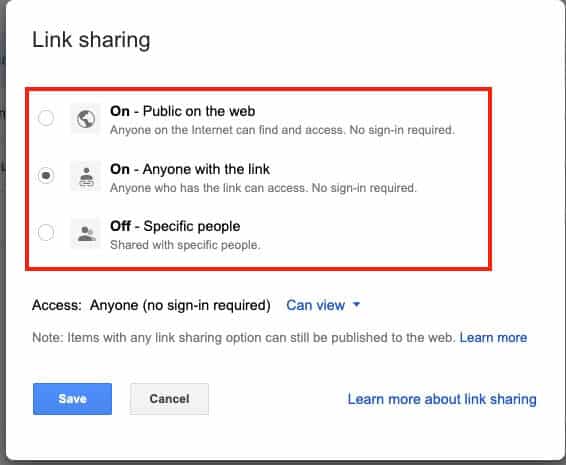

Two days after the photos were taken, Google informed Mark that his account was disabled due to “harmful content” that constituted a “severe violation of Google’s policies and might be illegal.” The next day, the doctor studied the photos and prescribed the necessary antibiotics, which resolved the toddler’s condition, the Times reported. She then texted the photos to her iPhone so that she could directly upload them to the health insurance company’s portal. Mark’s wife used her husband’s phone, whose operating system is run by Google-owned Android, and took photos of the baby’s affected areas. The nurse told the couple to send photos of the baby boy’s condition to the doctor so that he could review them before the consultation, according to The New York Times.

Since there was a pandemic and hospitals were only admitting COVID-related cases, Mark’s wife consulted via telephone with a nurse at their health care provider, who promptly scheduled an emergency video conference for the next morning. Unlike regular spam, which Gmail does a pretty good job of filtering out, this message not only makes it into your inbox, it gets an added layer of legitimacy by coming from Google itself.The man, a software engineer in his 40s who goes by the alias “Mark,” and his wife grew alarmed in February 2021 after their toddler’s penis showed swelling and the condition worsened. An email notification created by the scam, which also comes from Google, also contains a potentially malicious link. If tapped, the notification takes you directly to a document that contains a very large, tempting link. On mobile, the scam uses the collaboration feature in Google Drive to generate a push notification inviting people to collaborate on a document. The smartest part of the scam is that the emails and notifications it generates come directly from Google. The scam itself is nothing new – messages asking you to click on dodgy links are as old as the internet itself – but could catch a lot of people off guard. A flaw in the Drive is being exploited to send out seemingly legitimate emails and push notifications from Google that, if opened, could land people on malicious websites. Scammers just found a new phishing lure to play with: Google Drive.


 0 kommentar(er)
0 kommentar(er)
